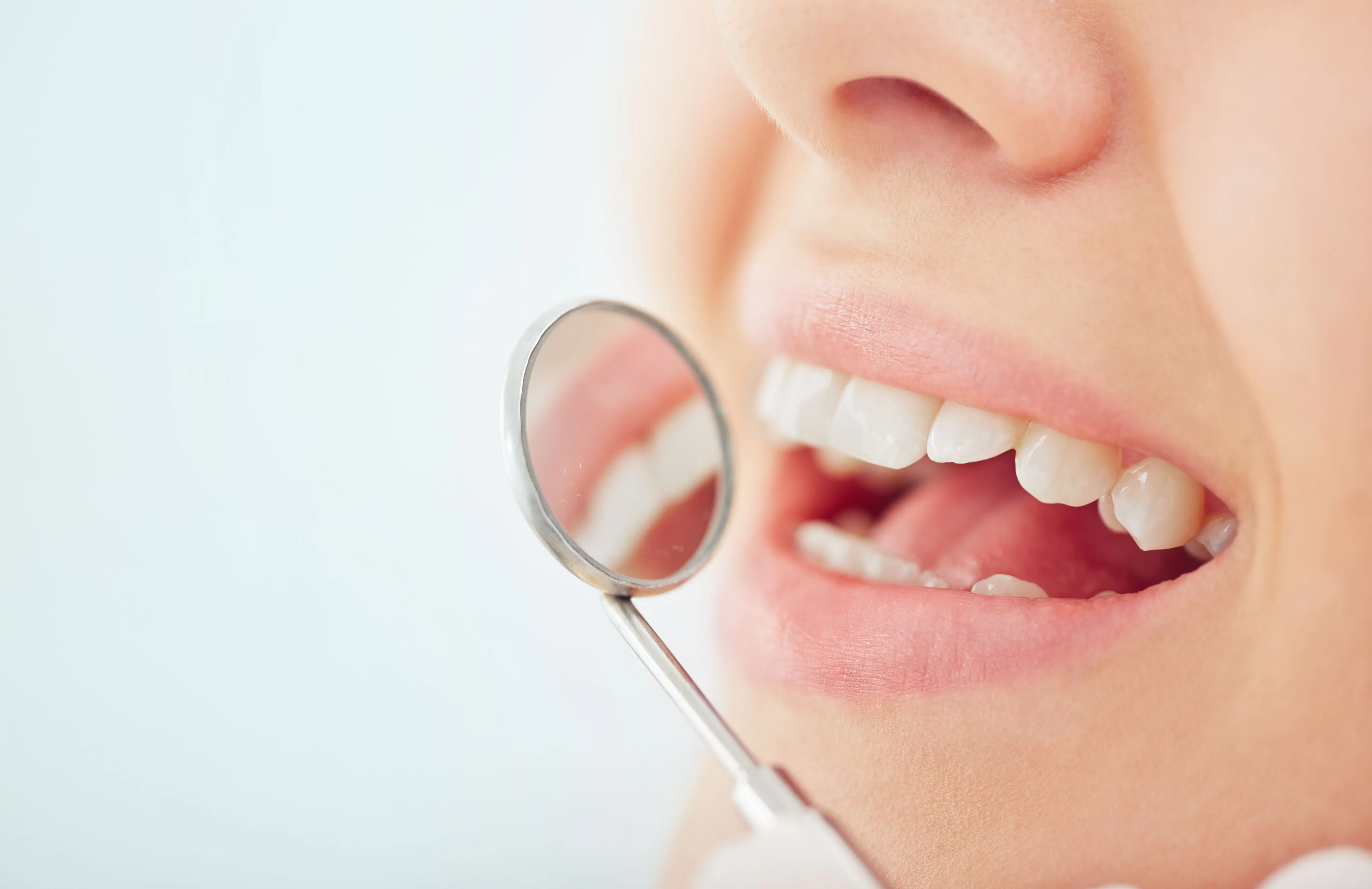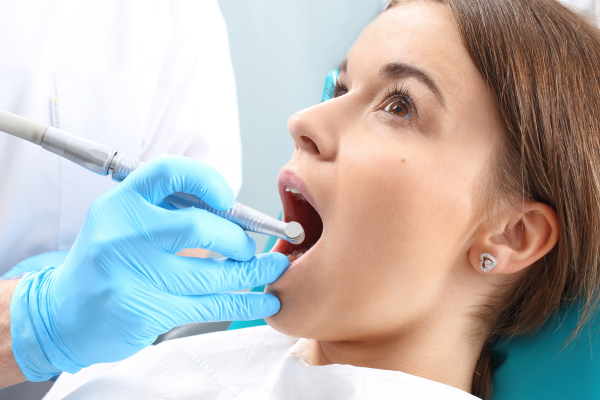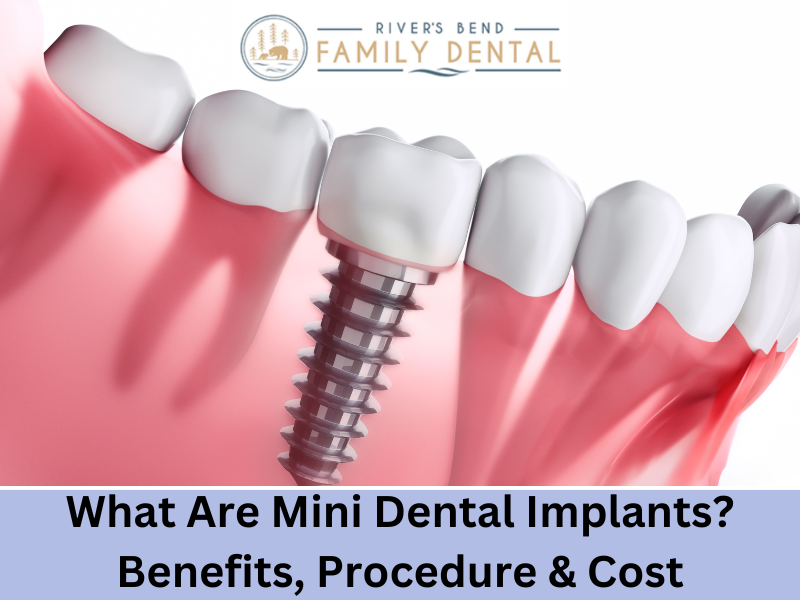Are you currently dealing with a chipped or cracked tooth and find yourself asking, “Is chipped tooth an emergency?” It’s normal to be unsure whether taking immediate action is necessary or the issue can wait till later. Depending on the individual situation, a chipped tooth may or may not require emergency dental care.
Knowing the warning signs and symptoms to watch for might help you decide whether you need emergency dental work. The severity of the chip or break can offer important clues about how urgent the situation is.
We’ll go through what to do if you have a chipped tooth, several available treatments, and practical preventative actions. You can handle this dental condition with confidence if you know what to do and understand the significance of taking prompt action.
What are Dental Emergencies?

Getting prompt care from a licensed medical expert while experiencing a dental emergency is essential. This usually includes contacting a dentist and scheduling a same-day appointment to address the problem on that day itself.
However, there are some situations where going to a hospital emergency room or urgent care center is required for treatment. While waiting for a dentist appointment, these choices guarantee that dental patients get essential medical care. Quick action and proper care are essential to reduce pain and subsequent issues and restore oral health when dealing with dental crises.
Is Chipped Tooth an Emergency?
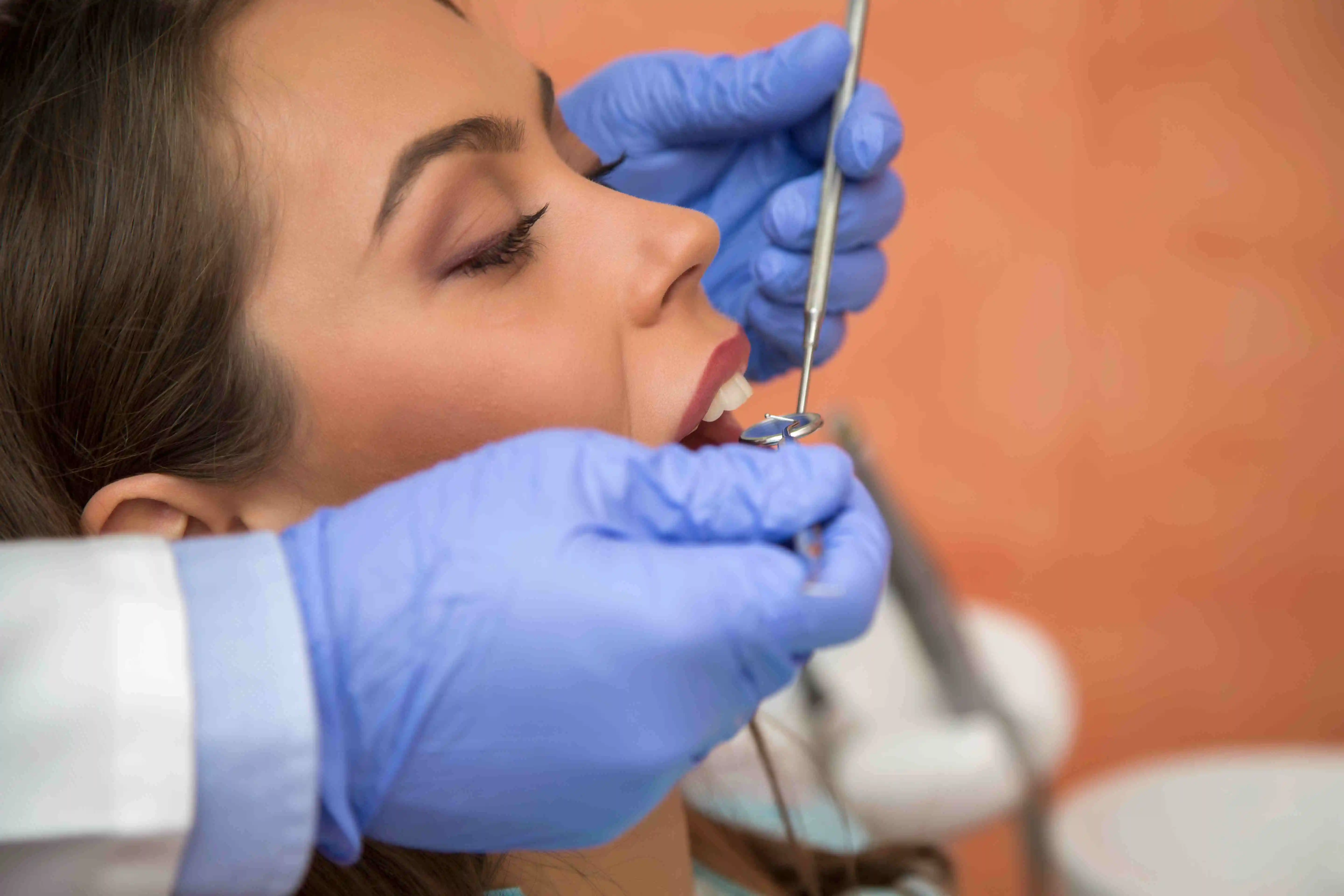
When you find a chipped tooth, the first thing to do is to determine how bad it is. Check to see if a sizable chunk of the tooth has broken off or if the chip is only in one place. Particle chips typically don’t need immediate attention unless significant toothache or bleeding occurs. However, when a sizable piece breaks off, a chipped tooth becomes an emergency.
Dental emergencies also include serious fractures or chips brought on by tooth decay, fractures that split a tooth in two, and injuries to the teeth’s roots. In such circumstances, seeking early treatment from the closest dentist is crucial. These problems produce agonizing pain, and the injury also makes the teeth more prone to infection. By acting quickly, you can protect your oral health from further issues and receive the proper care.
What to Do if You Have a Chipped Tooth
Even though finding a chipped tooth might be unsettling, knowing what to do can help you handle the situation well. Here is a step-by-step instruction on how to treat a chipped tooth:
Determine the Severity
Start by assessing the damage’s severity by closely inspecting the chipped tooth. If the damage is only a small chip without pain or sensitivity, it might not need emergency care. However, it can be a dental emergency with substantial pain, a sizable amount of missing tooth, or bleeding.
Rinse Your Mouth
Gently rinse the area around the chipped tooth with warm water. Removing any debris or food fragments aids in infection prevention.
Manage Pain and Swelling
To relieve pain or swelling, apply a cool compress to the region. This may aid in minimizing swelling and reducing pain. Over-the-counter painkillers such as acetaminophen or ibuprofen can be taken as advice to ease any pain.
Keep Broken Tooth Fragments Safe
If any pieces of the chipped tooth have come out, carefully gather them and keep them safe. To moisten the fragments, put them in a clean container with milk or saliva. Any upcoming dental restoration or repair could benefit from this.
Contact a Dentist
In particular, if the chipped tooth is causing severe pain or bleeding or is a noticeable front tooth, it is crucial to call your dentist as soon as possible. Describe the situation and make an appointment for a comprehensive evaluation and the necessary care.
Adhere to the Dentist’s Advice
The dentist will examine the chipped tooth at your appointment and recommend the best course of action based on its severity and location. To maintain dental health and restore the tooth’s integrity, heed their recommendations and treatment schedule.
Treatment Options for Chipped Tooth
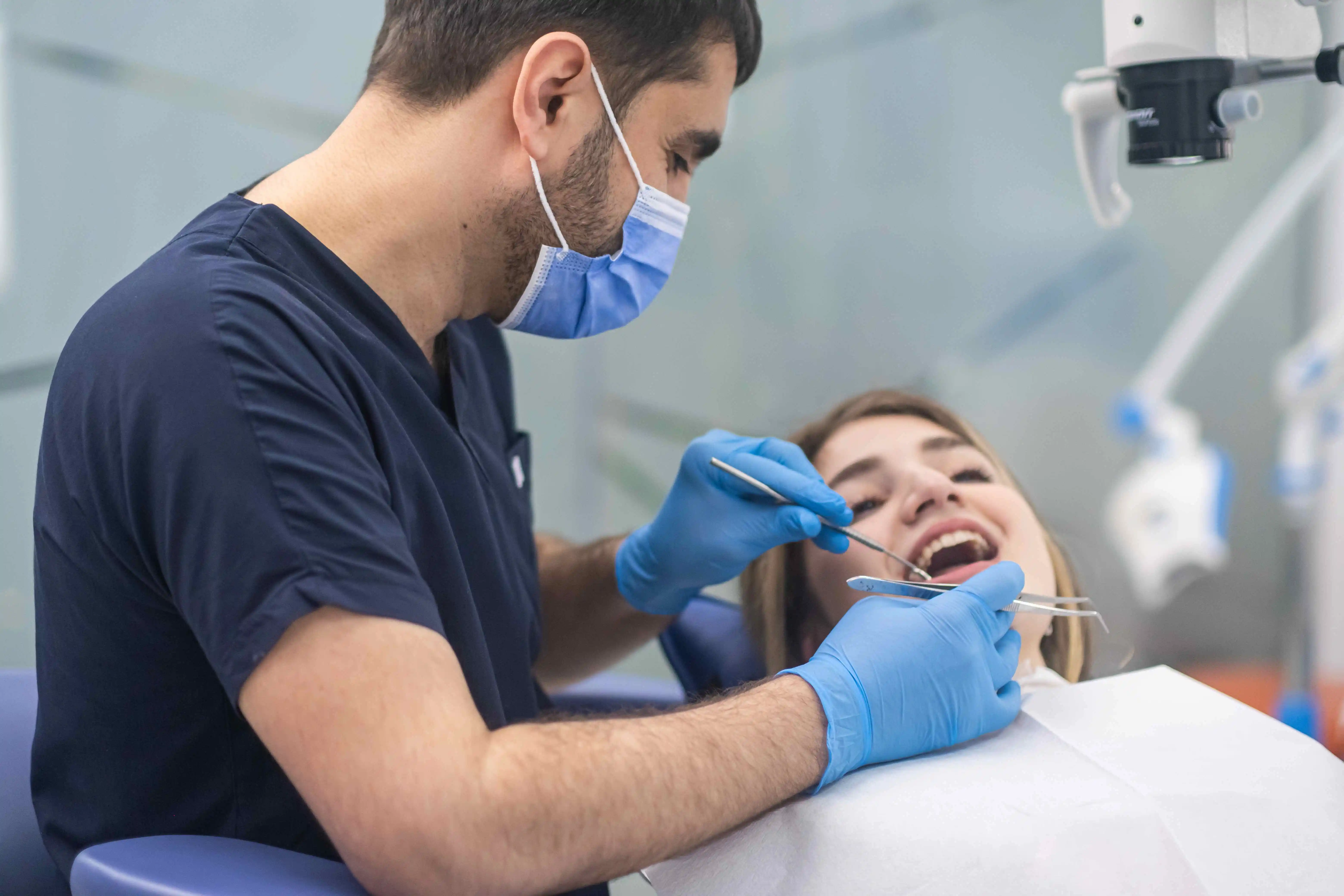
Dental professionals have several treatment options to consider when a patient appears with a severely chipped tooth. Let’s examine these methods:
Root Canal

The dentist may advise root canal therapy if the tooth damage is severe and constitutes a dental emergency. The nerve and soft tissues in the tooth’s pulp chamber, which are exposed due to the damage, are cleaned out during this process. If this illness is left untreated, oral bacteria may infect the patient.
- Local anesthetics are used to numb the area to ensure minimal discomfort during the surgery.
- To remove the pulp chamber’s contents, the dentist drills a tiny hole in the tooth.
- In addition to applying medication to stop infection, the tooth is sealed with gutta-percha, a rubbery filling.
- The dentist can suggest placing a crown over the restored tooth to offer extra security and stop further harm.
- Composite bonding could occasionally be a better option than a crown depending on where the tooth is.
Extraction
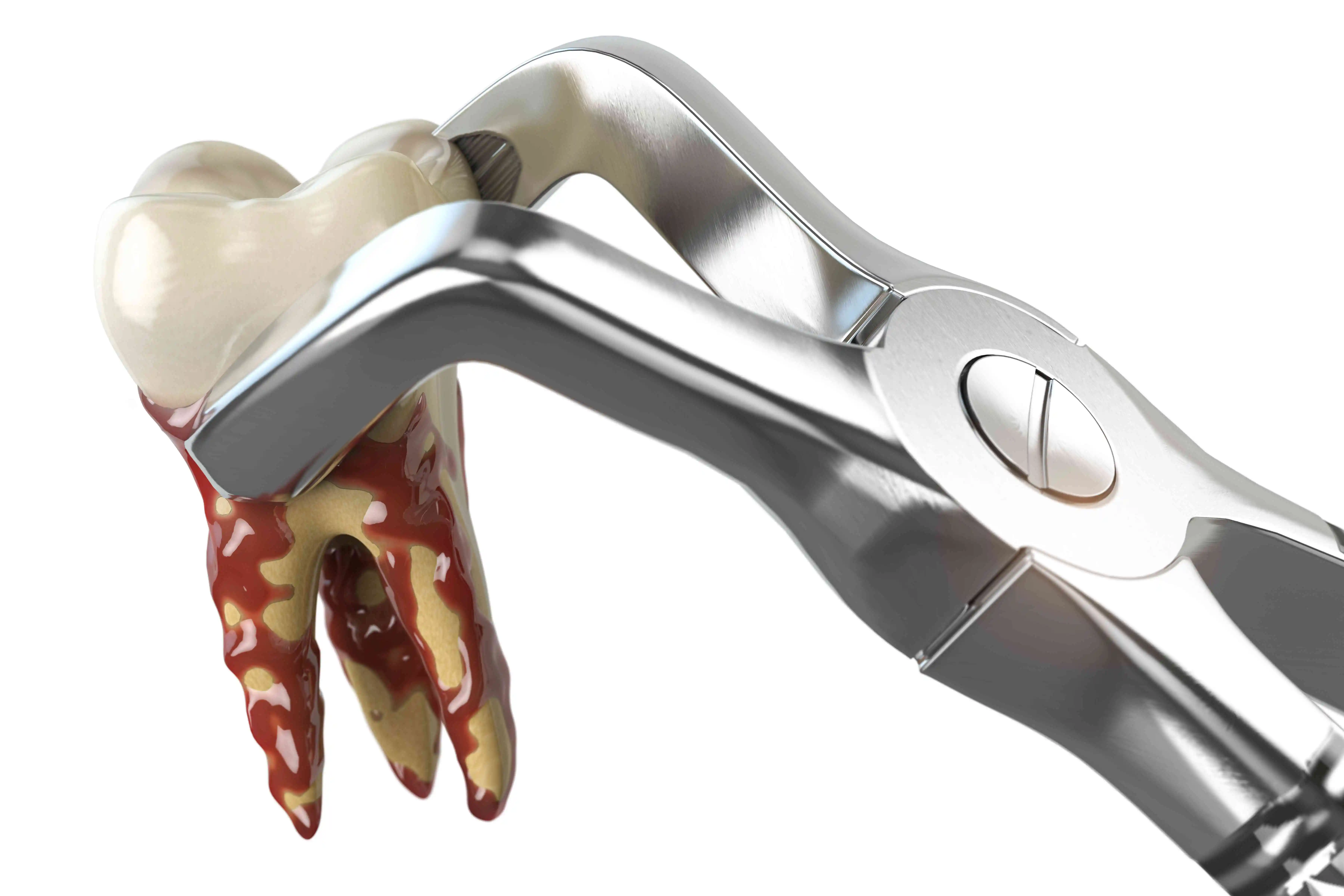
When the damage to a tooth extends below the gum line, dentists often recommend extraction. At this point, saving the tooth is no longer feasible. The tooth can be extracted, and a suitable oral restoration, such as a dental implant, can replace it. An implant replaces the lost tooth root, preventing the subsequent loss of bone tissue that typically occurs when a missing tooth is not replaced.
Dental Bonding
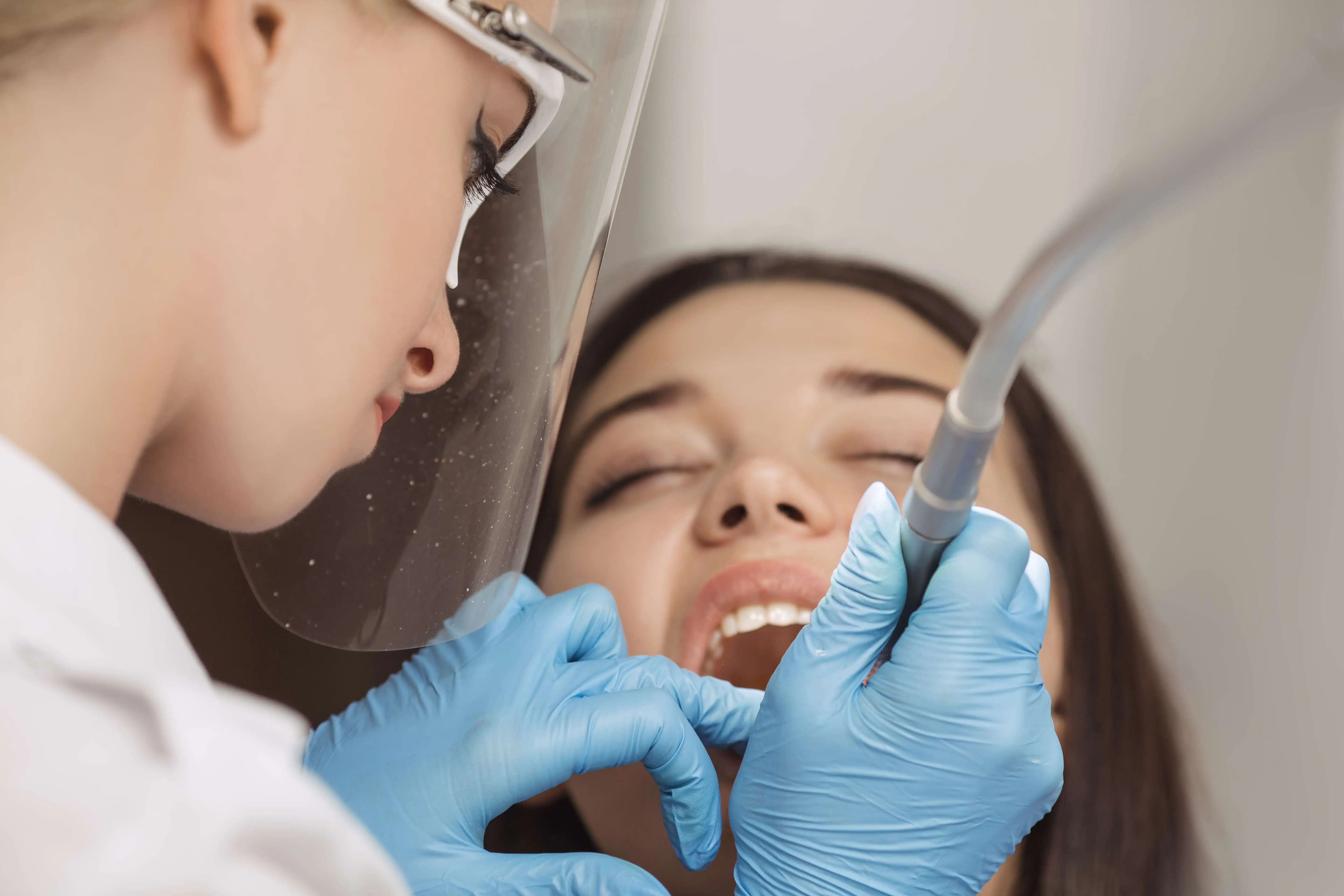
In dental bonding, the chipped region is covered with a tooth-colored composite resin that is then molded and contoured to restore the tooth’s look. This is a therapy option that is both affordable and quite rapid. To achieve a seamless appearance, the dentist will match the resin’s hue to the color of the teeth. Minor chips are the finest candidates for dental bonding, which can be finished in just one appointment.
Dental Veneers
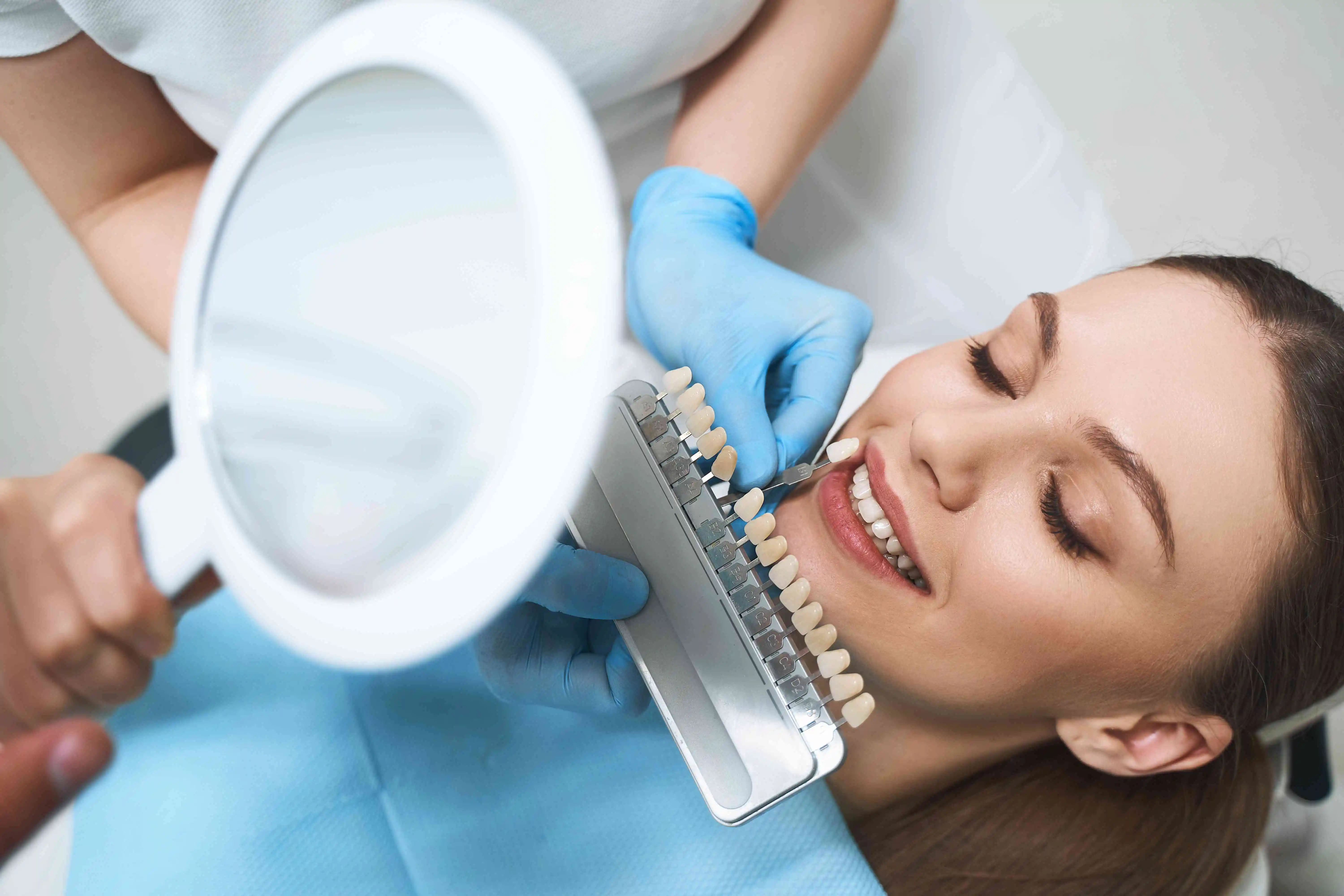
Dental veneers are little, customized shells affixed to the teeth’ front. They improve the strength and aesthetics of the tooth, making them an excellent option for fixing chipped teeth. Veneers can successfully cover and camouflage the chipped area, resulting in a natural-looking and aesthetically acceptable smile. They are commonly constructed of porcelain or composite resin.
Dental Crowns
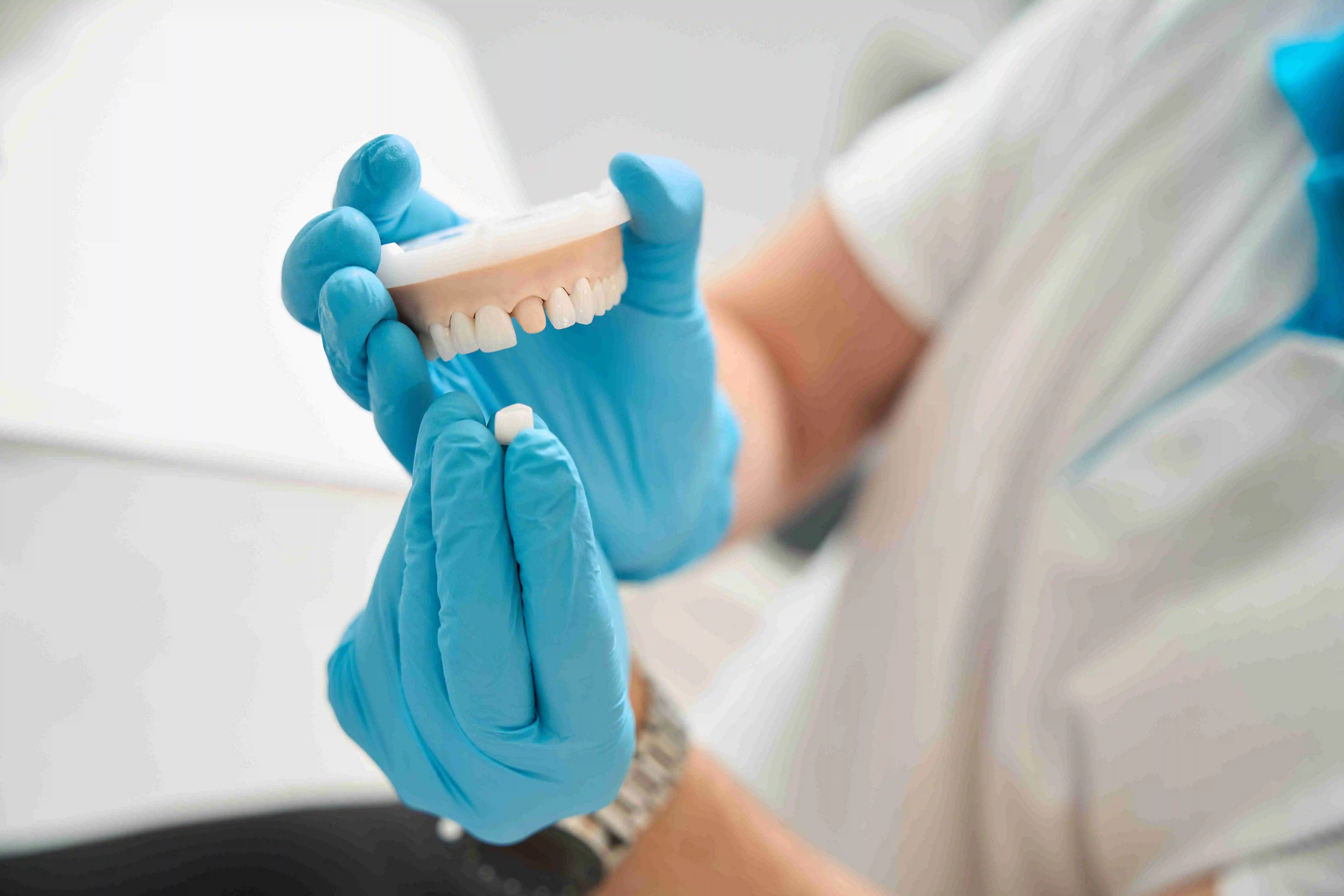
Dental crowns might be suggested for teeth with more severe damage. The entire visible section of the tooth is covered with crowns, which are teeth-shaped caps that offer strength, protection, and improved aesthetics. They are specially manufactured to match the natural teeth’ size, shape, and color. Dental crowns are frequently employed when a tooth has a serious chip that compromises its structural integrity.
Preventing Chipped Teeth
Although chipping a tooth can be a painful experience, there are possible precautions you can take to lower the likelihood of such occurrences. Here is some advice, along with a list of preventative actions to help you keep your teeth from chipping:
Put on a Mouthguard
If you participate in sports or activities with contact or a chance of a facial impact, you must wear a mouthguard. By absorbing and dispersing the force of any possible hits, mouthguards act as a barrier to prevent teeth from being chipped or otherwise harmed. Invest in a suitably sized mouthguard for the sport or activity you prefer.
Avoid Chewing on Ice and Hard Foods
Eat carefully and refrain from biting into difficult materials like ice, hard sweets, popcorn kernels, or bones. Your teeth are readily chipped or fractured by these sharp objects. Choose softer substitutes or take smaller nibbles to reduce the chance of chipping.
Practice Good Oral Hygiene
Proper oral hygiene is essential for general dental health and can help prevent teeth chips. Use fluoride toothpaste and a soft-bristle toothbrush to brush your teeth at least twice daily. Additionally, floss daily to get rid of food and plaque between your teeth. Teeth in good health are less prone to injury and are less likely to crack.
Regular Dental Check-ups
Schedule frequent dental cleanings and checkups and make sure to show up. Dentists are trained to see early indications of tooth decay, poor enamel, and other dental conditions that might make teeth more susceptible to chipping. Additionally, they can offer expert cleanings to get rid of tartar and plaque for stronger, more healthy teeth.
Stop Grinding or Clenching Your Teeth
Bruxism, or the habit of unconsciously grinding or clenching your teeth, can result in cracked or chipped teeth. If you believe you may have bruxism, talk to your dentist about treatment options. To lessen teeth grinding, your dentist might advise wearing a nightguard or offer stress-relieving tips.
Avoid Using Teeth as Tools
Using your teeth to tear open packages, open bottles, or carry out jobs not meant for your teeth can chip or harm them. Use proper equipment, such as bottle openers or scissors, to reduce unnecessary risk.
Conclusion
There isn’t a straightforward answer to “Is chipped tooth an emergency?”. It hinges on the extent of the damage. Minor chips may not require immediate attention, but a significant breakage can result in intense pain, necessitating direct dental intervention.
The dentists of River’s Bend Family Dental are always prepared to accommodate emergencies. It’s important to remember that seeking treatment early on enhances the likelihood of minimizing the risk of infection.
Call 7635761855 to book your appointment today.

